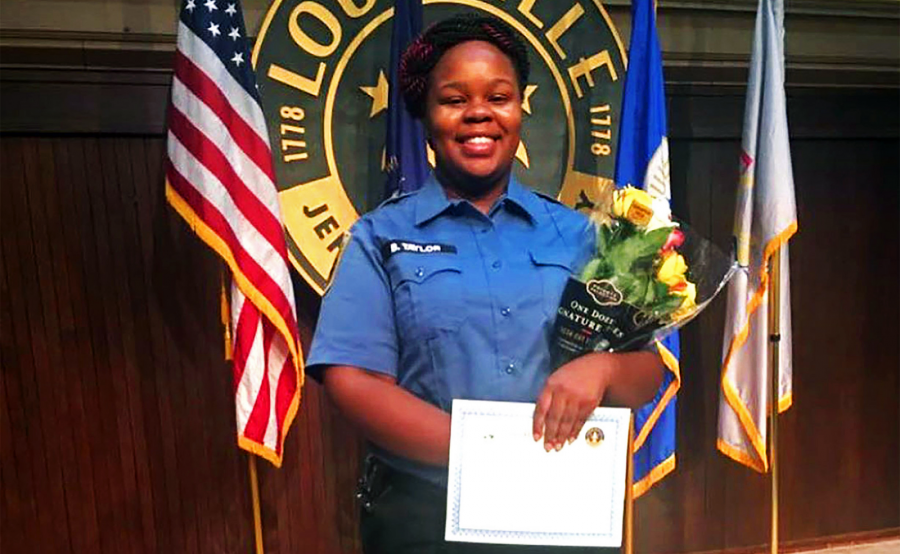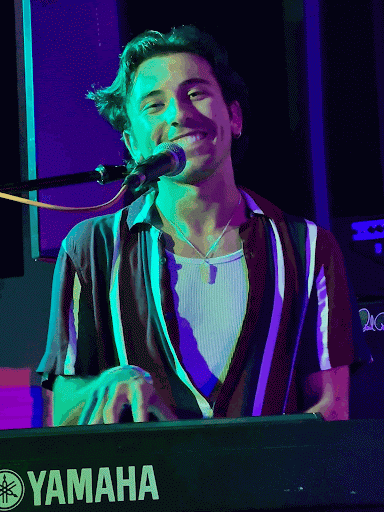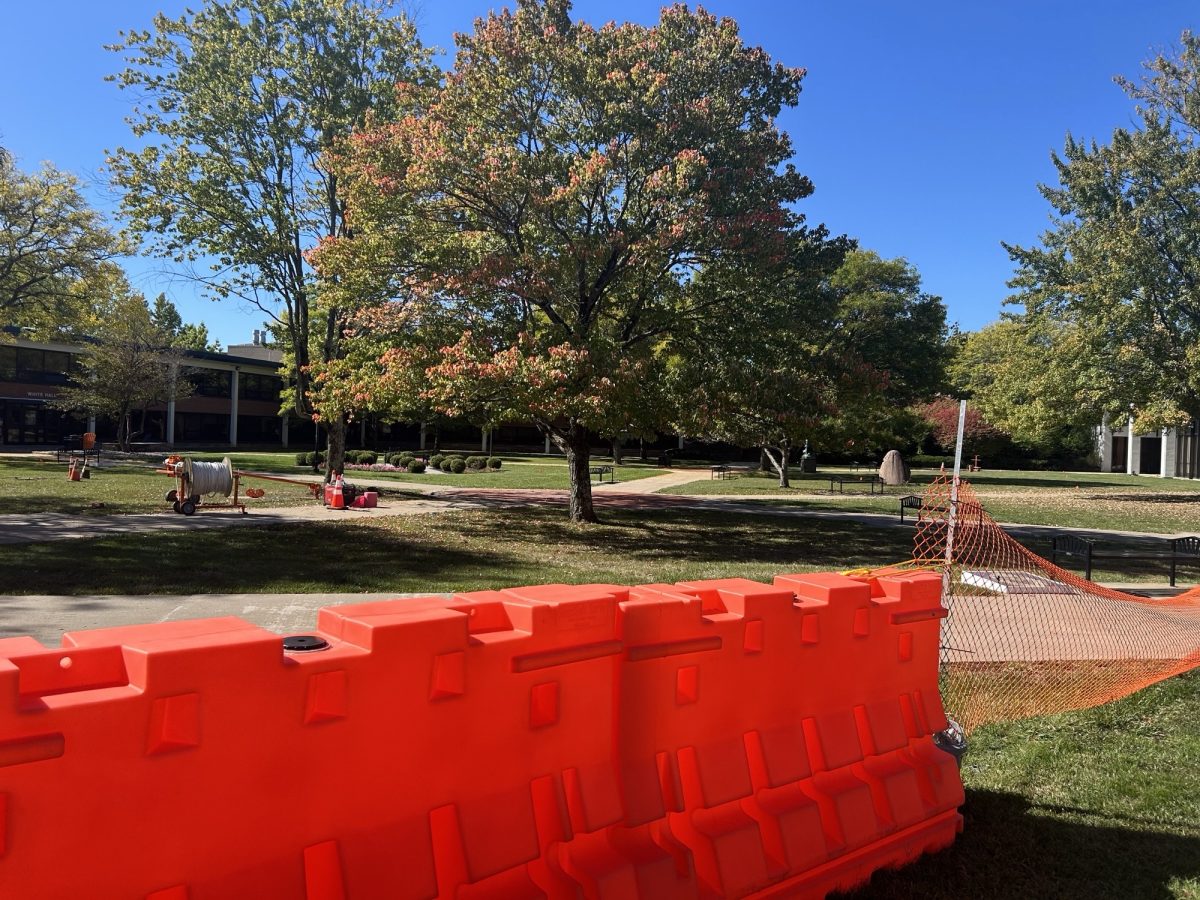On Oct. 1, news broke of the verdict with the Breonna Taylor case which resulted in no charges against the accused officers which left mixed reactions; leaving some at Utica College not being surprised with the result.
On March 13, three police officers forced entry upon an apartment complex in Louisville, Kentucky. In an attempt to investigate drug dealing operations that involved Kenneth Walker, the officers knocked down the door. They were met with gunfire as an apparent lack of communication led Walker to believe intruders were breaking in.
Once silence broke after 32 shots were fired, it was realized that six bullets went into an unarmed Taylor, who succumbed to the wounds.
Out of the three officers, it was declared that Sgt. Jonathan Mattingly was the one responsible for the bullets that killed Taylor. Only Brett Hankison was charged with wanton endangerment in the case.
To some, this was an outrageous ruling. To others, the evidence just was not there to convict the police officers. One commonality with both was a lack of surprise. Gregory Walsh, the criminal justice program director at Utica College, had his assumptions about what happened in the house that night, but based on the lack of findings released to the public, he couldn’t justify either ruling.
“I learned early in my career that even if a case looks obvious, you do not start to reach conclusions until you have obtained all available evidence,” Walsh said.
On the other side of the case, Walker, who fired at the police, also had his charges dropped. To some, that was the only justified action taken by the grand jury. Isabella Gilbert, a member of the Black Student Union at Utica College, said that this was the most likely outcome because of the system rooted in racial injustice.
“I was not shocked by the outcome of this case,” Gilbert said. “Walker had every right to defend himself.”
This case has been a small piece to a larger story of racial injustice that has shadowed over the United States. Taylor is another name on the list including Atatiana Jefferson and Aura Rosser, to name a few.
Intersectionality has been a prominent term used when describing the situation that African American women face. The hashtag #sayhername has been a trending topic on different social media platforms. Gilbert believes Malcolm X was right when he said Black women are the most disrespected people in America and this case ruling proved it.
“Race and gender will forever be tied to this country,” Gilbert said. “When you create a system, deeming one race inferior and another race superior, you put those who are inferior at an unequal status.”
A ruling such as this with Breonna Taylor’s death that received national level news and has national implications can cause dismay for those fighting for the Black Lives Movement. Some believe there was a roadblock in the case rulings. Walsh believes that a roadblock doesn’t exist for this movement anymore because of the attention it received this year.
“We have all seen enough evidence to know we have serious issues of trust and lack of cooperation between the police and the communities they serve,” Walsh said. “Executive orders are being issued by mayors and governors to modify how the police are currently functioning, and legislators are working to create new laws.”
A national movement can cause people to look and wonder how they can change things on a local level. Dean for Diversity and Inclusion Alane Varga said Utica College will be an outlet for its students to create change after multiple different discussions over the summer following the death of George Floyd. One of these includes an invitation for students to join the President’s Cabinet.
“There is a place to be able to have a voice at the table now,” Varga said. “We are now offering chances to work together with others with the intention to come to a better understanding in order to create change.”
Now during the challenging time of living through the COVID-19 pandemic, many believe the time to grow is now. Gilbert said the road is being paved for racial injustice.
“We should continue to push, advocate and mobilize for change,” Gilbert said. “We have a voice and we must use it – we should not stop.”










































































































































